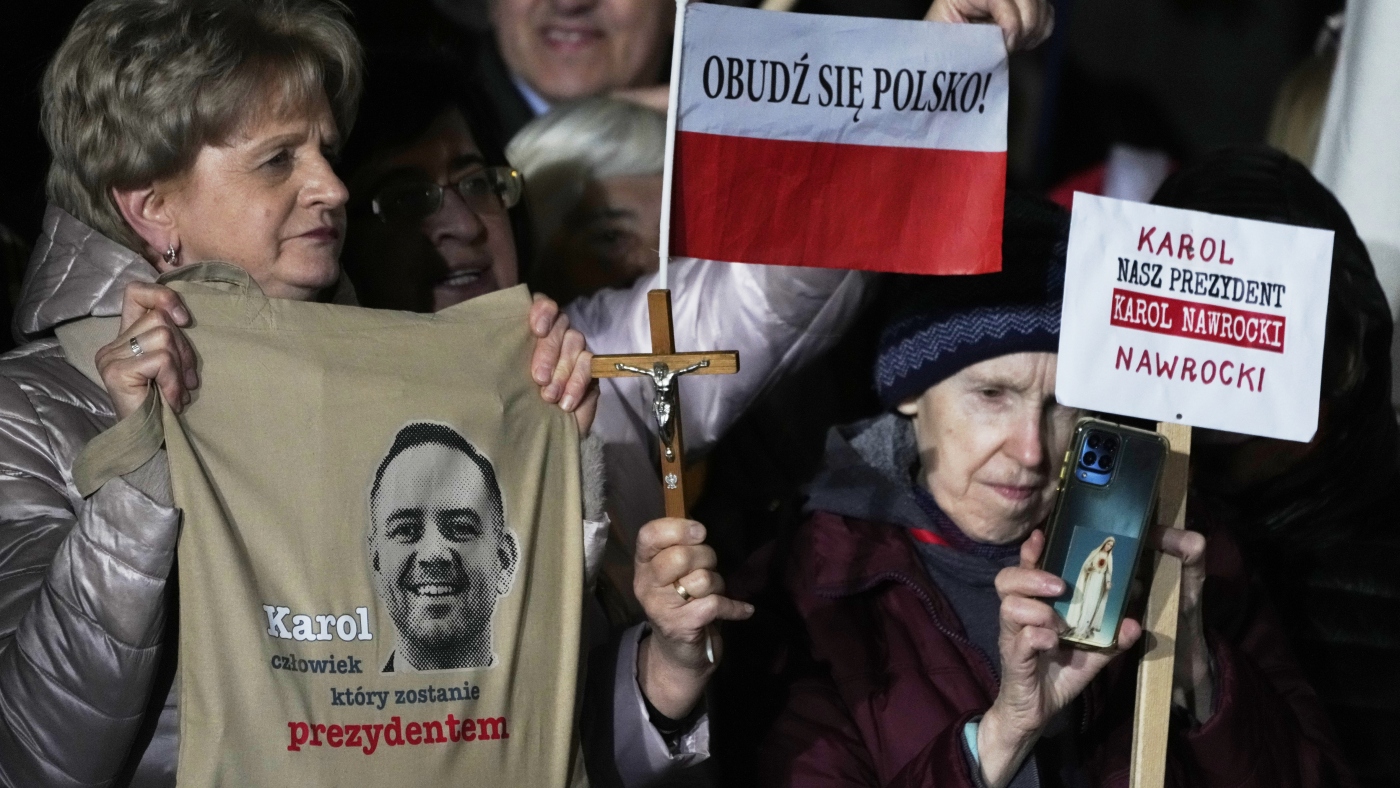Navigating Poland’s Presidential Election in an Era of Uncertain Security
The recent presidential election in Poland unfolded amid escalating security concerns fueled by regional instability and shifting international alliances. More than a democratic exercise, this election emerged as a critical juncture—one that would steer Poland’s future amidst external threats and internal political debates. Exploring the key dimensions of this election reveals how intertwined domestic politics and geopolitical challenges have become in shaping the nation’s path forward.
The Security Context: Poland’s Frontline Position
Poland’s geographic and political position places it at the forefront of tensions sparked by the ongoing war in Ukraine. As a neighboring nation and a member of both the European Union and NATO, Poland faces palpable risks from the conflict’s spillover effects. This proximity amplifies citizens’ concerns about safety and stability, transforming the election into a referendum on how to best safeguard national sovereignty and security.
Compounding this anxiety is uncertainty regarding the steadfastness of U.S. support for European defense. The previous administration under President Trump questioned the reliability of American commitments to NATO, leaving Poland—and many ally states—questioning the durability of transatlantic security guarantees. Against this backdrop, the electorate’s priorities expanded to include a desire for both reassurances of international backing and robust domestic defense readiness.
Candidates Reflecting Poland’s Political Spectrum
The election’s crowded field illustrated the dynamic nature of Poland’s democracy, highlighting diverse perspectives competing for prominence. Two candidates stood out in particular:
– Rafał Trzaskowski, Warsaw’s mayor, brought a mix of political experience and liberal values closely aligned with Prime Minister Donald Tusk. His candidacy suggested continuity and experienced leadership to navigate Poland’s complex environment.
– Karol Nawrocki, in contrast, entered the race as an outsider with a background in history rather than politics. His appeal tapped into voters’ appetite for fresh ideas and a reevaluation of national identity, signaling potential shifts in the political landscape.
The electoral system, which demands an absolute majority for an outright win, all but ensured a runoff, reflecting the electorate’s divided preferences and the nuanced political currents at play.
Beyond Security: Democracy, Governance, and Europe
Security concerns, while dominant, were not the sole forces shaping voter decisions. Broader debates permeated the election discourse:
– The health of Poland’s democracy and protections of civil liberties emerged as crucial concerns, especially regarding governance models and judicial independence.
– Poland’s evolving role within the European framework also provoked reflection on how the nation balances sovereignty with commitment to regional integration.
These themes demonstrated the election’s dual nature as both a response to immediate external threats and a forum for defining internal political values and Poland’s strategic place on the continent.
The Electoral Process: Participation and International Observers
The election was conducted with broad inclusivity in mind, spanning early morning to late evening voting hours to maximize civic engagement. The presence of international observers underscored Poland’s geopolitical significance and the global interest vested in the election’s legitimacy and outcome. The swift release of exit polls and careful tabulation of results emphasized transparency amid high stakes.
The Potential Impact of Election Outcomes
The Polish presidency wields considerable influence over foreign policy and defense strategy, rendering this election more than symbolic—it directly affects policy directions in uncertain times. Electing Trzaskowski might reassure allies through experienced, steady leadership aligned with transatlantic partnerships. Alternatively, a Nawrocki presidency could inject vigor into national discourse around identity and historical context, reshaping security approaches and diplomatic ties with a potentially different emphasis.
Each path offers distinct possibilities for Poland’s response to regional instability, its relationship with NATO and the EU, and its strategy to maintain both domestic coherence and external alliances.
Defining Poland’s Future Amid Geopolitical Uncertainty
This presidential election stands as a pivotal moment, not merely within Poland’s borders but across a broader European security landscape. The electorate’s verdict will influence how Poland confronts imminent threats and negotiates its democratic values and international commitments. In times when the reliability of alliances is questioned and regional conflicts threaten stability, Poland’s choice of leadership assumes amplified significance. The decision made at the ballot box resonates beyond a single nation, shaping the collective resilience and strategic orientation of Europe as it navigates evolving geopolitical challenges.
—
Strengthen your writing with expert editing that crafts clear, engaging English articles perfectly tailored to your content and style.

